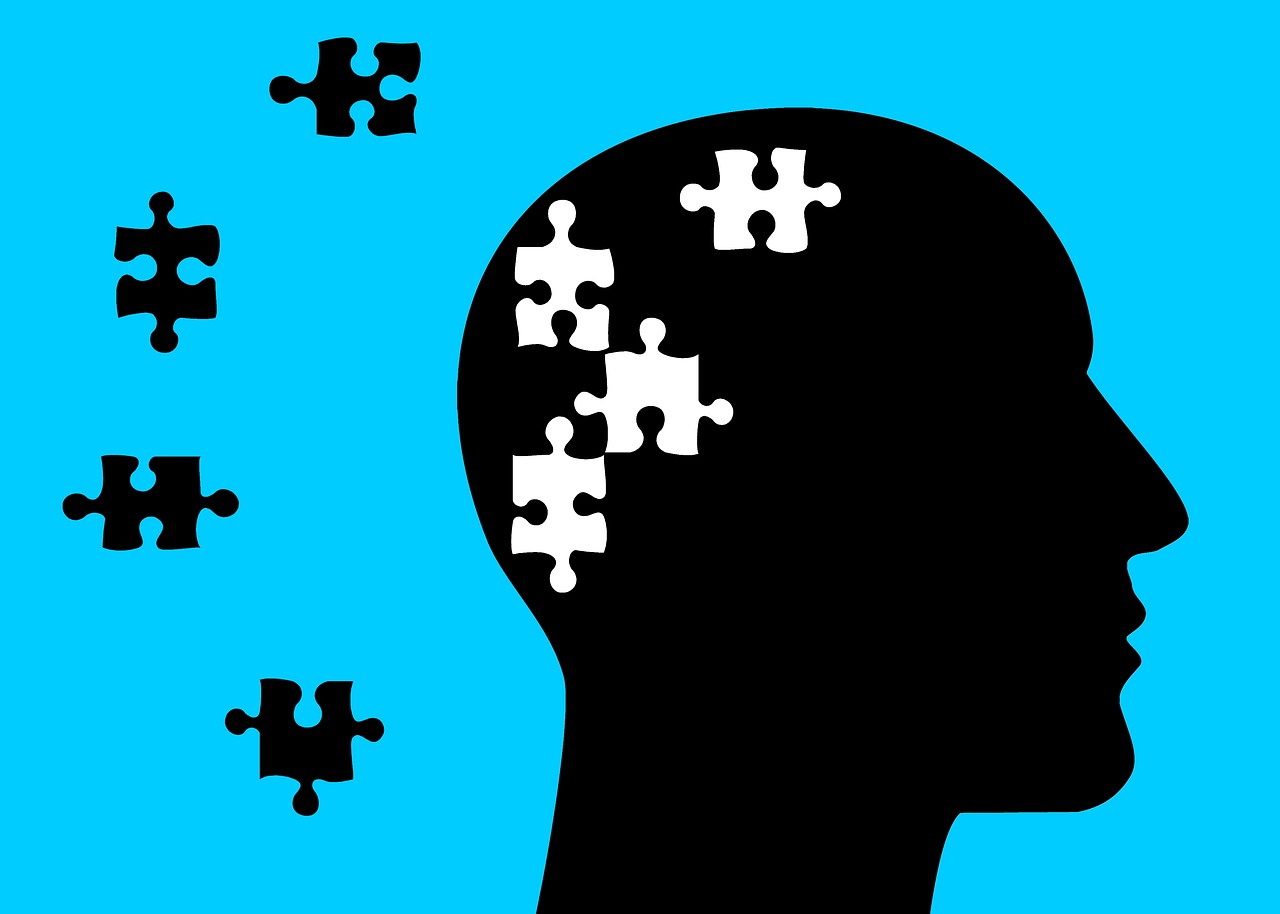Childhood Disorders and Mental Health
The term ‘mental disorder’ has been used for centuries to describe a wide range of ailments that affect the brain. The developmentally-appropriate definition, however, should be more specific and include physical changes as well as behavioral issues in order not to discriminate against certain types or levels of mental health problems within children. BGS Gleneagles Global Hospital is one of the best multispecialty hospitals in Bangalore that has a expert team to treat all sorts of complex disorders.
The term “childhood psychiatric disorders” can lead people who are unfamiliar with these developmental milestones to believe there’s one type – regardless if it is ADHD/ADD which stands for attention deficit hyperactivity disorder among other things.
In today’s world, mental disorders are a serious problem for children. Some of the most common types include anxiety and depression which can cause difficulties in learning as well as problems getting through daily activities like going to school or playing with a friend ̶ even taking care of basic needs such as eating nourishing food!
A change occurs when your child starts acting differently from how they have been before; this could mean being more quiet than usual at home while you’re away on vacation, staying indoors instead of enjoying outdoor playtime with others close by that offer company during these times alone.
A child is often labeled with a childhood disorder when they display long-term and destructive behavior. These types of disorders can lead to problems in the future, such as antisocial personality disorder or even psychopathy. Childhood disorders may include:
- Frequent displays aggressive actions towards others without justification.
- Uses abusive language against people close enough to hurt them on purpose (this includes pets)
- Frequently engages in inappropriate sexual behaviors that involve force/coercion from an older person toward younger ones
- Isolates himself from family members.
The exact cause of childhood disorder is not known, but it’s believed that a combination of biological factors plays in. It has been found through studies with children who have conduct disorders and close family members suffering from mental illnesses such as mood or anxiety disorders can lead to punishment Seeking Behavior
Genetics also seems important when you look at how often families are affected by these traits around them due to their genetics being passed down over time.
Environmental factors such as dysfunctional family life, childhood abuse, and inconsistent discipline by parents can contribute to the development of conduct disorder. Some experts believe that moral awareness may also be an issue in these children with deficiencies at cognitive processing skills for recognizing wrongdoing or proper behavior from their peers who do not accept them because they come from low socioeconomic status homes without acceptance by friends on account of being different than other kids before getting diagnosed when older
A child’s environment plays a major role along with mental health diagnosis including lack of guilt/remorse due to poverty.
It is estimated that 2%-16% of children in the U.S., and as many as one out four boys, have conduct disorder. It’s more common among late childhood or early teenaged males than females who can develop it at any time from infancy through adulthood.
The emotional problems caused by this developmental disability may include:
- Anger issues such as aggressiveness;
- Fearfulness such as irritability leading to acting-out behaviors like disobedience ;
- Inability/trouble controlling oneself which means having accidents (acts)
A child with conduct disorder may need treatment to learn how and when they should express anger. Treatments include psychotherapy which helps their emotional development and medication for symptoms such as anxiety or depression if needed in addition to ongoing support from parents and teachers during the process of learning new behaviors on their own time frame.
Mental disorders among children that need immediate medical attention:
- Neurodevelopmental conditions start early in the developmental period and often continue through adulthood, leaving people with lifelong difficulties such as not being able to work or holding down a job for any significant amount of time
- Anxiety is common among those who suffer from these types of brain abnormalities
- A child’s mood can change quickly if something unexpected happens; they may become excited then afraid just like this article said about someone having an anxiety disorder.
- Pervasive Development Disorder is the most urgent mental health concern for children. These kids have a tendency to resist principles and frequently can be problematic in organized conditions, such as schools or universities.
- Eating disorders involve intense emotions and attitudes related to weight or food with unusual behaviors such as self-harm behaviors for example anorexia nervosa.
- Elimination disorders: Disorders that affect behavior related to using the bathroom, such as encopresis (a condition in which a child has difficulty controlling urine or feces).
- Learning and communication disorder – Children with these have problems storing information from one session into long-term memory for future use.
- Affective Disorder: Persistent feelings of sadness coupled with rapid mood changes comprise what is generally called “depression” among people who suffer from it; however other terms may apply depending upon severity/frequency.

